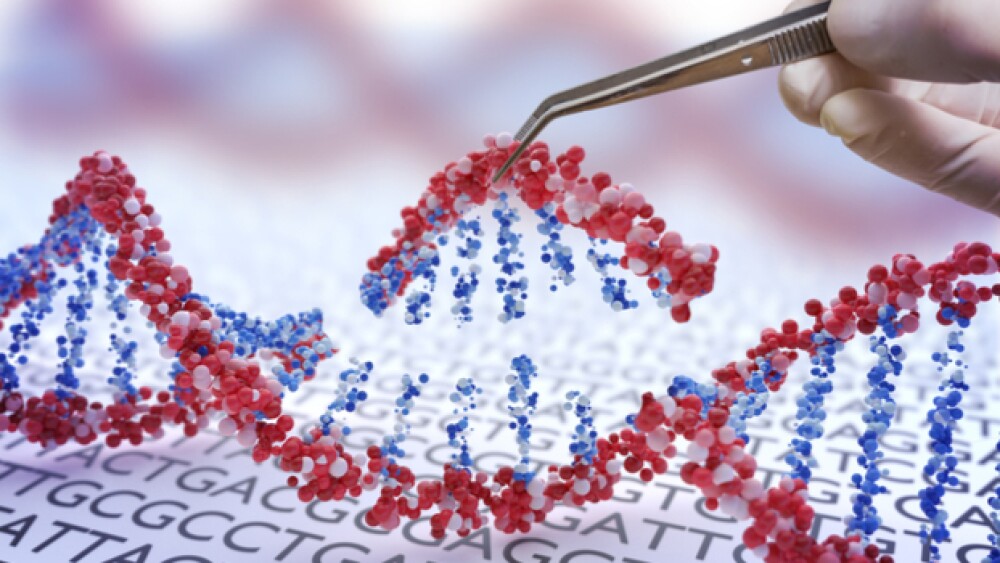More news has come from China about the two babies born following He Jiankui’s experiment using CRISPR to make the children resistant to HIV while they were still embryos. Now, there is some evidence to suggest that the two infants could develop genetically-enhanced brains.
More news has come from China about the two babies born following He Jiankui’s experiment using CRISPR to make the children resistant to HIV while they were still embryos. Now, there is some evidence to suggest that the two infants could develop genetically-enhanced brains.
According to reports, the technique used to protect the children from developing HIV, a disorder their father has, will also allow them to become more intelligent than their peers. According to a report in the U.K.’s Express, Alcino J. Silva, a neurobiologist at the University of California, said that the experiment will likely affect the brains of the children. Citing an interview Silva gave MIT Technology Review last week, the Express reported that the CRISPR process will likely have an impact on the cognitive function of the children. Silva was quick to note that her prediction was purely speculative and based on evidence from mouse models that showed the same technique used on the twins made the mice who were subjected to the treatment became more intelligent than their peers.
“The work on mice demonstrates the answer may be yes – but mice are not people. We simply don’t know what the consequences will be in mucking around with humans. We are not ready for it yet,” Silva said in the interview with the MIT publication, according to the Express.
It was only a few months ago that Jiankui announced to the world that he had used CRISPR to alter the embryos of seven couples to make them resistant to HIV. Following the announcement, researchers across the world responded that Jiankui’s experiment was unethical and “monstrous,” particularly since it is unknown how those edits could be passed down to future generations of children.
In January, the Chinese government took action against Jiankui. The government said the scientist was transferred to public security authorities and the individuals who participated in the experiment will be “severely dealt with according to the law.” At the end of January, the Chinese government said implanting these types of embryos is illegal in that country and added that Jiankui forged an ethics review in order to begin his experiment. China’s science ministry said it “resolutely opposed” Jiankui’s experiment and would work to “improve relevant laws and regulations and improve the scientific research ethics review system.”
However, since the Chinese government made those claims, there are some suggestions that the government of that country may have actually provided some funding for Jiankui’s research. This morning, STAT News reported that there are documents it reviewed that provide some evidence that at least three government agencies in China, including its science ministry, may have provided some funding for the experiment. According to the STST report, the documents it reviewed included a slide presentation prepared by Jiankui’s team, Chinese-language patient consent forms and China’s clinical trial registry. Those documents list funding sources for the experiment that included “the Ministry of Science and Technology; Shenzhen Science and Technology Innovation Commission, part of the municipal government; and Southern University of Science and Technology, where He worked.”
While the funding may have come from those agencies, STAT noted that it is not clear if the Chinse government organizations knew precisely how that funding would be used. The world has largely condemned Jiankui for his experiment and two weeks ago, the World Health Organization announced plans to form an advisory committee to develop global standards for the governance and oversight of human genome editing.





